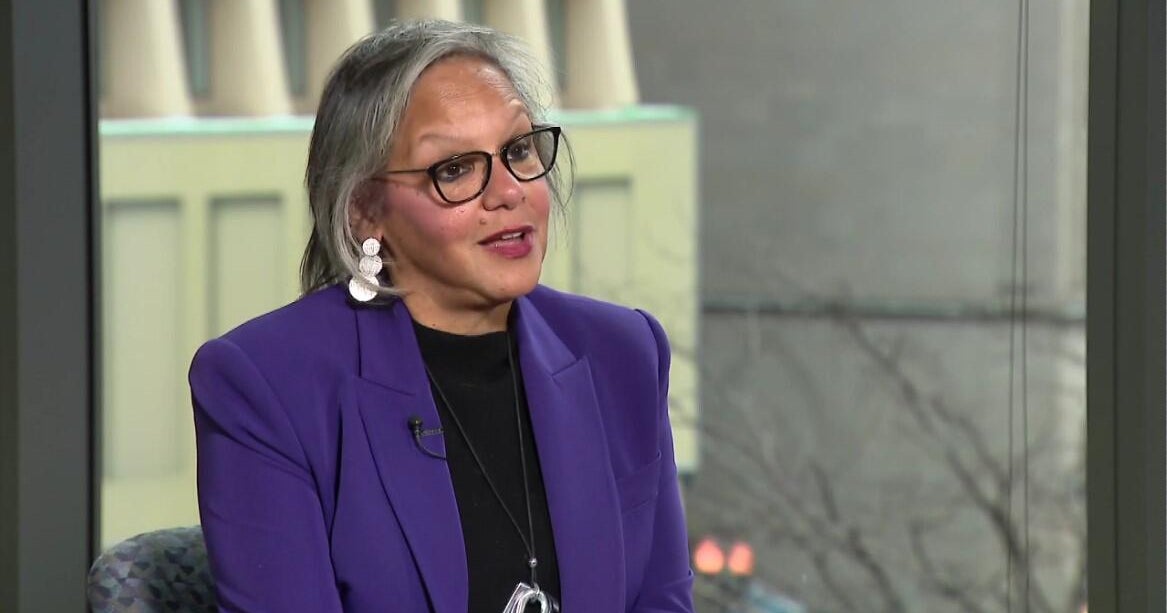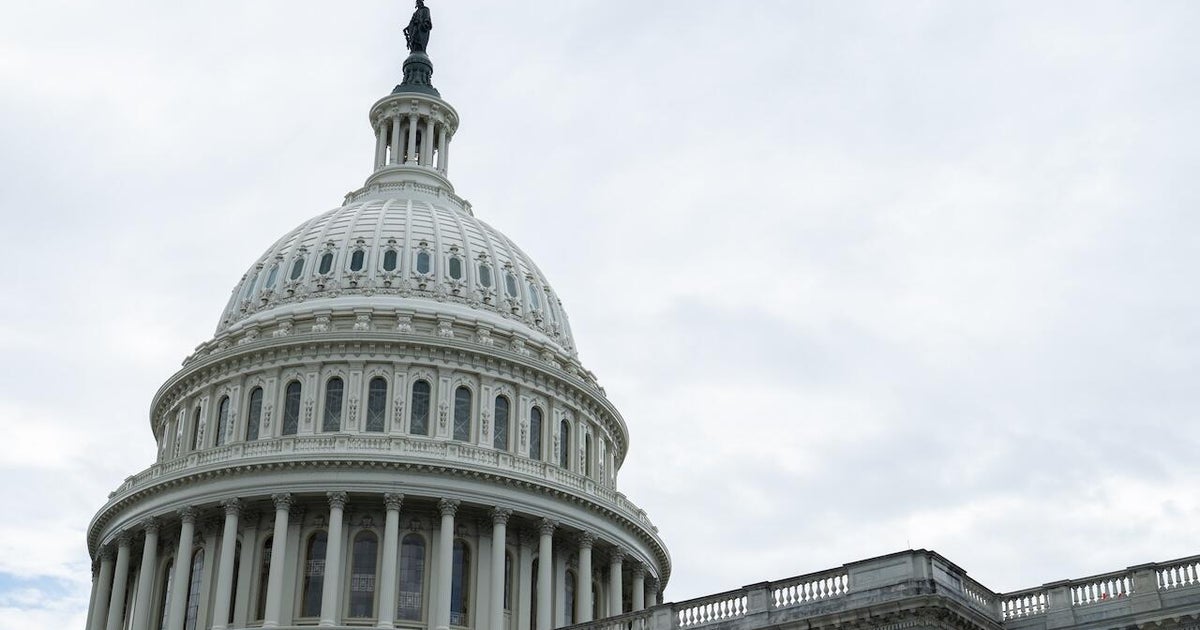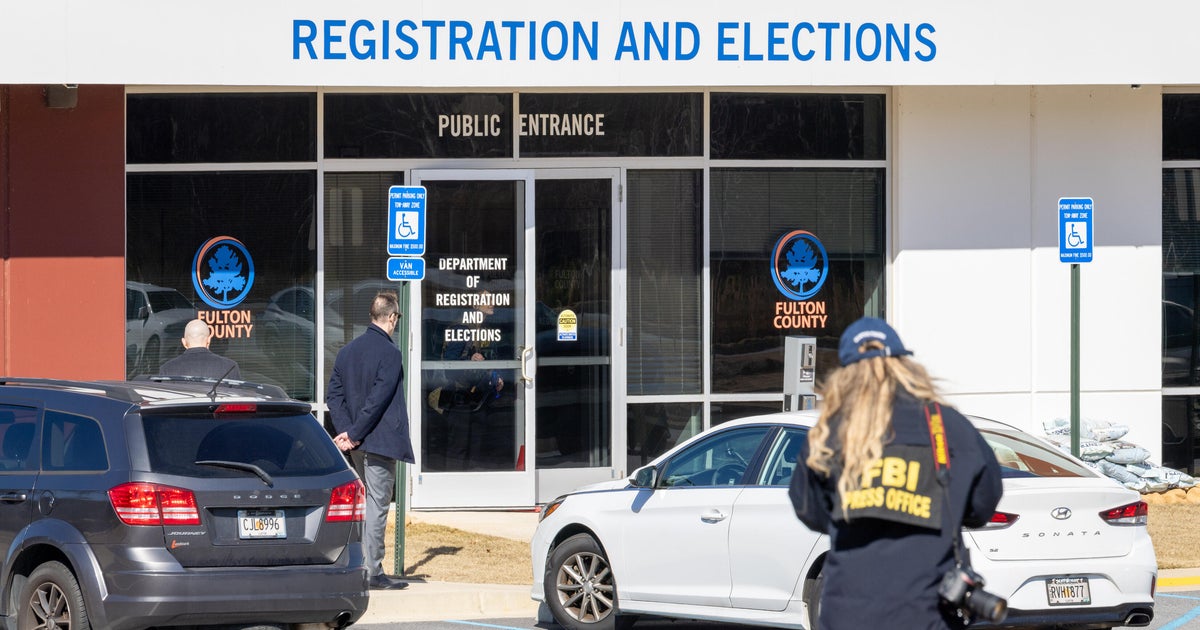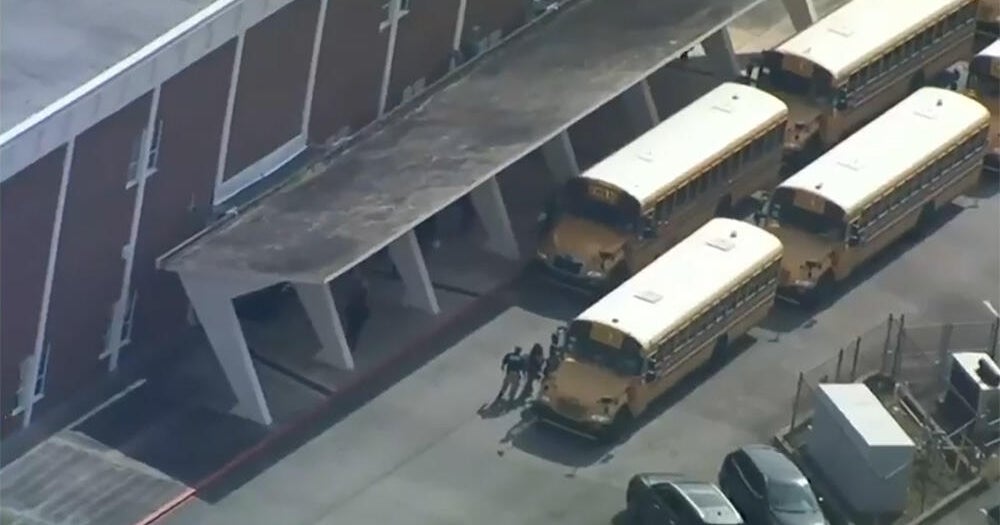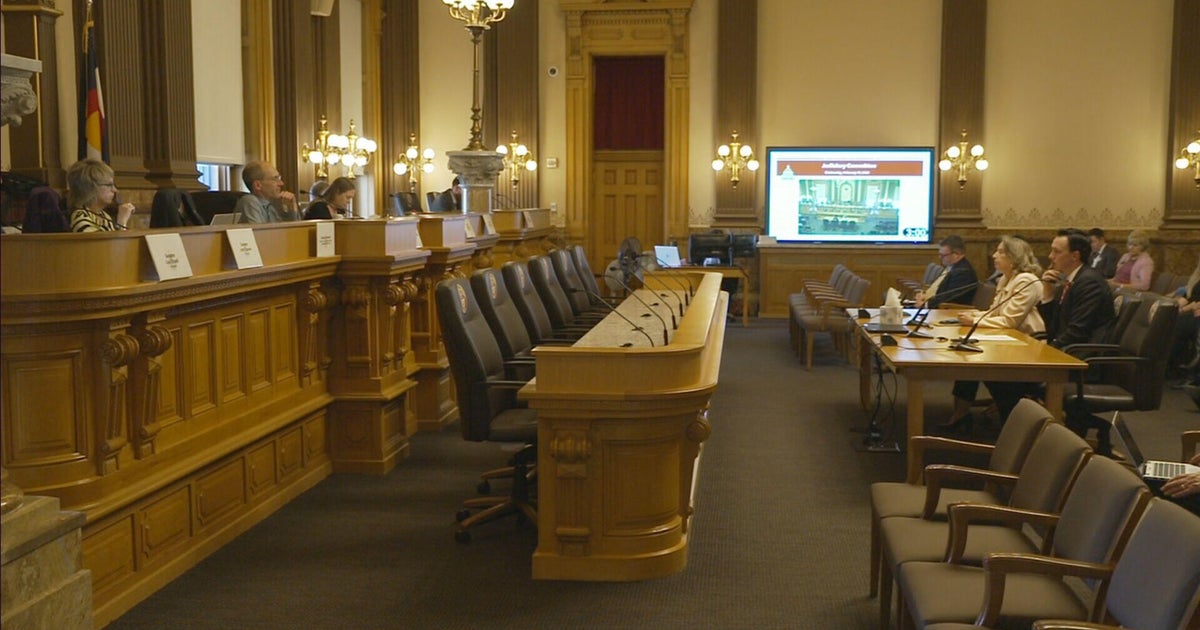House Debates Multiple Restrictions For Concealed Carry Measure
SPRINGFIELD, Ill. (AP) — The firestorm over concealed weapons moved to the Illinois House floor Tuesday, sparking Republican complaints that an extraordinary legislative process set up by majority Democrats would restrict the right to carry guns in public rather than allow it, as a federal court has ordered.
A wide-open and wide-ranging discussion over seven hours that dealt largely with how gun possession would be restricted ended the way critics argued it should have begun: with a vote on a comprehensive package outlining the way guns could be carried in the state.
"We are under a court order. We have a reasonable bill that complies with the court order and its direction," said Rep. Brandon Phelps, a Democrat from Harrisburg in far southern Illinois. "We should have one standard for our state."
Phelps's provision, 1 of 10 issues debated Tuesday as an amendment, got a House OK 67-48. But like the 10 other amendments, the vote only represented approval to add it to an empty bill put forward by House Speaker Michael Madigan in a rare procedure the Chicago Democrat set up to air out the issue — and perhaps spread out the blame for how the law is crafted.
The 7th U.S. Circuit Court of Appeals ruled in December that Illinois' last-in-the-nation ban on carrying concealed weapons is unconstitutional, giving the Legislature until June to rectify it.
"People are watching this. They know Chicago is the murder capital of the world," said Forsyth Republican Bill Mitchell, adding, "You might have the majority, but you sure as hell can't lead."
The House began the day with 27 separate amendments dealing with concealed carry, many of which restricted where guns could be carried. Gun prohibitions in schools, casinos, stadiums and other locales go OK'd in amendments that go so far as to include parking lots, meaning firearms couldn't be stored in cars while gun-owners go inside.
"You're spray-painting red circles around all these places, and at the end of the day, the whole state is going to be red and you won't be able to carry a gun anywhere," Phelps said.
As the day dragged on, the approach faced a series of setbacks. The House rejected successive amendments banning guns from colleges, establishments that sell alcohol, and public gatherings or rallies.
Democrats soon withdrew 12 amendments, including requirements for 40 hours of firearms training in classrooms and the field; carrying $1 million in liability insurance; and for a psychological fitness examination, moving straight to the Phelps amendment, which is language taken as a whole from a separate concealed-carry bill he's introduced, but didn't get a hearing Tuesday.
Phelps would make Illinois a "shall issue" state, meaning authorities would have to grant a carry permit to anyone who meets minimum guidelines. Gun-rights supporters prefer that to a "may issue" process in which local police can choose not to issue permits.
"A bureaucrat should not dictate who gets or who does not get a permit, like they do in New York," Phelps said. "In New York, you have to be a celebrity, a political donor or a friend of the mayor, for example, to get a permit."
Lawmakers did not say where the effort goes from here, and when there might be a vote on the package. A spokesman said Madigan's "weekly order of business" process would start Tuesday but would probably continue during ensuing weeks of the legislative session.
Minority Republicans interrupted the schedule twice early in the day with lengthy private caucus meetings and stormy public protests about a procedure they said makes no sense when the state continues to face a $96 billion pension-system deficit and $9 billion in unpaid bills.
For sponsors of many of the amendments, it was an exercise in sensible safeguards.
Answering a question from Republican Rep. Dwight Kay of Glen Carbon about the Bill of Rights' guarantee that citizens may keep and bear arms, Rep. Deborah Mell, D-Chicago, said, "I support the language in the Second Amendment, but I feel it is necessary to put in regulations for the public safety."
Mell, who sponsored a successful measure to prohibit guns on public transit, she said she'd rather have police, not armed citizens, provide protection.
Tempers rose and ebbed as frustrated Republicans questioned the majority's motives. Democrats booed and shouted "No!" when Rep. Jim Sacia suggested imposing gun limits across Illinois because of Chicago's homicide problem would be like forcing statewide castration because of a population boom in the city.
"If you're having too many kids, you want me to get castrated," said former FBI agent Sacia, R-Pecatonica. "That was an analogy to show how silly this is. You bet I used Chicago as an example because you're the folks that want this craziness."
The Madigan procedure, requiring votes on specific issues, allows anti-gun Democrats to record "no" votes on individual provisions even though they might be forced to vote for a final bill in response to the court ruling. It also means Republicans will be on record as opposing what liberals might term "commonsense" gun restrictions, such as banning them from schools.
"We're going to play the game. You'll say that we all want violence in schools, which is nonsense," said Rep. Dennis Reboletti, an Elmhurst Republican. "We're the laughingstock of the nation."
(© 2013 by STATS LLC and Associated Press. Any commercial use or distribution without the express written consent of STATS LLC and Associated Press is strictly prohibited.)
